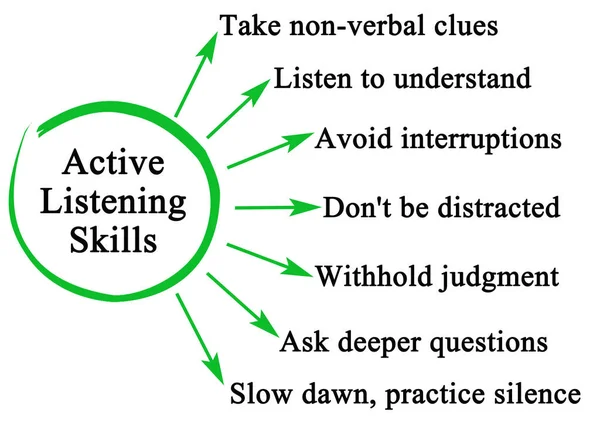
The director of an Institute for the Lay Apostolate in the Peace Column of the Catholic Peace Weekly wants to see Synodalitas in our politics.
In a democracy, political viewpoints can be different and when they are similar there are nuances however in Korea the writer sees the parties colliding at every turn. It's a bit subjective, but that's the behavior of the ruling and opposition parties as he sees it.
It is rare to find cases in which a party expresses agreement with the policies or proposals of the opposing party. It is like a railroad track running parallel to each other. While there are differences in the platform policies of the two parties, there are similarities. Nonetheless, the two parties seem to be putting all their efforts into confrontation, friction, and mutual criticism, as in a dog-cat fight.
In a word, the ruling party is in a hurry to notice the president and the opposition party is urgent to notice the party leader. There is no lack of self-examination and criticism internally, but it seems to have little results.
This kind of behavior is not only far from the people's hope for politics, and for the right future of the country, but also increases the people's distrust of politics. This is the shameful reality of our country, which has entered the ranks of the world's top 10 developed countries economically but is backward in the political field. Is there no way out of this backwardness?
It is often said that politics is the art of dialogue and compromise. All conversations start with listening to the other person. Listening is not about finding an excuse to criticize, but about trying to understand what the other person is saying. Listening should not be one-sided. There should be mutual listening. But in our political reality, such listening is seldom found. Only one-sided self-assertion or criticism of the other party is rampant. Without listening, there is no room for dialogue, and without dialogue, there can be no compromise.
In the Catholic Church, the wind of 'Synodalitas' is blowing fiercely. The abstract noun ending '-tas', means 'spirit, state, quality', etc. Synodalitas, 'the spirit of the synod' is 'the journey together'.
This 'synodalitas' is a term not easy to understand even for believers, let alone ordinary people, but the meaning of this word is clear. Synodalitas is an essential and essential element in the life and activity of the Church. There are several things here. The documents (preliminary documents and handbooks) provided by the Holy See regarding the Synodalitas suggest 10 points. One of them is 'listening'. Listening is the first step on the journey of being with the People of God.
If the life of the church is a 'journey together' to achieve the kingdom of God or God's will, the life of the government and the ruling and opposition political circles can be basically a journey together for the happiness of the people and the future of the nation. The first step here is 'listening'. The opposition party should listen carefully to properly check and criticize the government and the ruling party and present reasonable alternatives. The same goes for the ruling party in the government. It is difficult to break free from self-righteousness if we do not listen to the opinions of the opposition party.
However, this 'listening' is missing from our political culture. If the voice is loud and the power is big, it is considered a victory. If this is the case, political advancement can never be achieved. The starting point for dialogue and compromise is 'listening'. We urge fierce self-reflection not only for the president and the ruling party but also for the opposition party.





